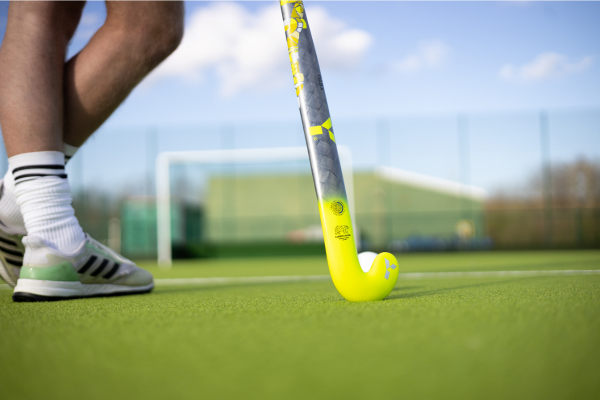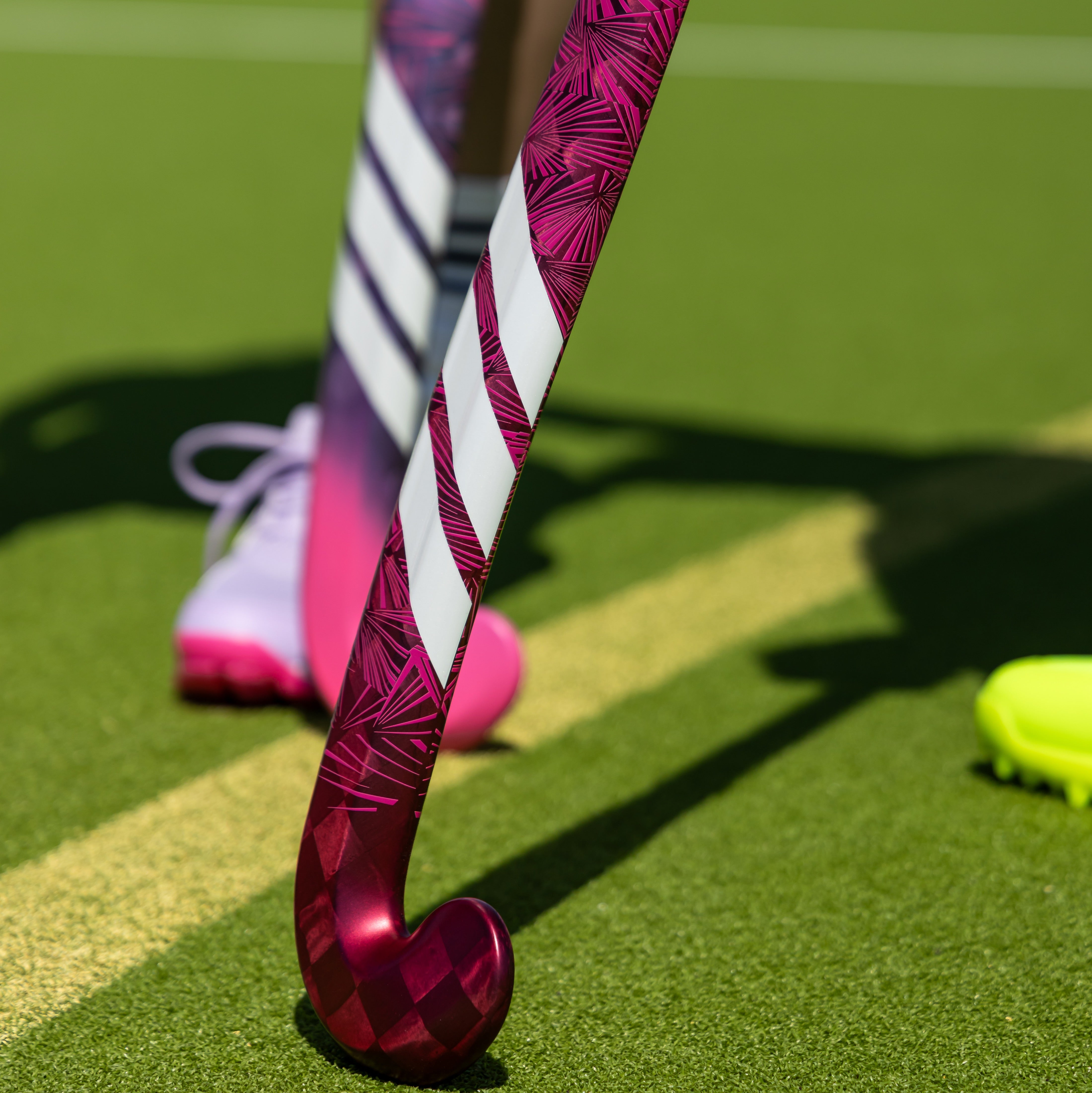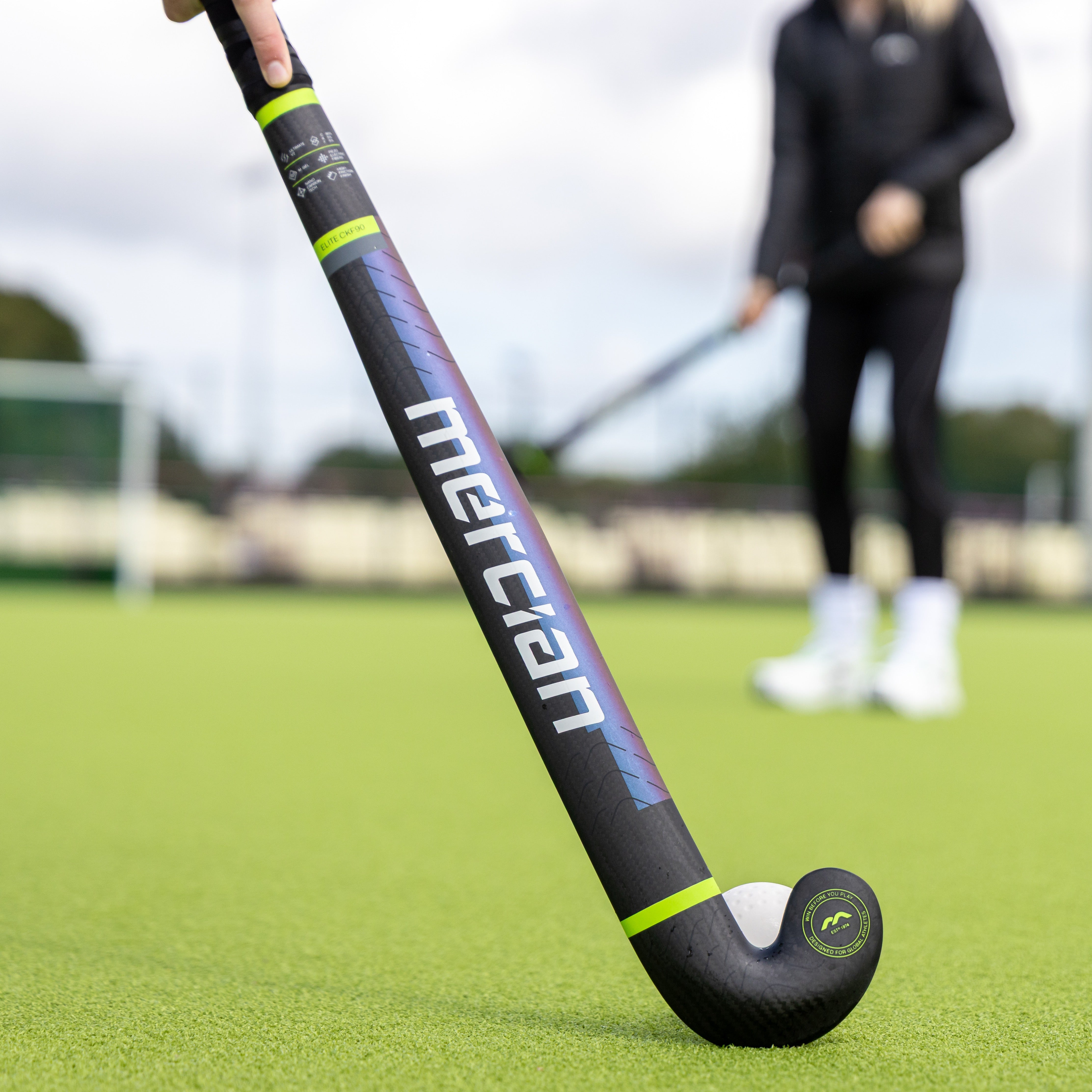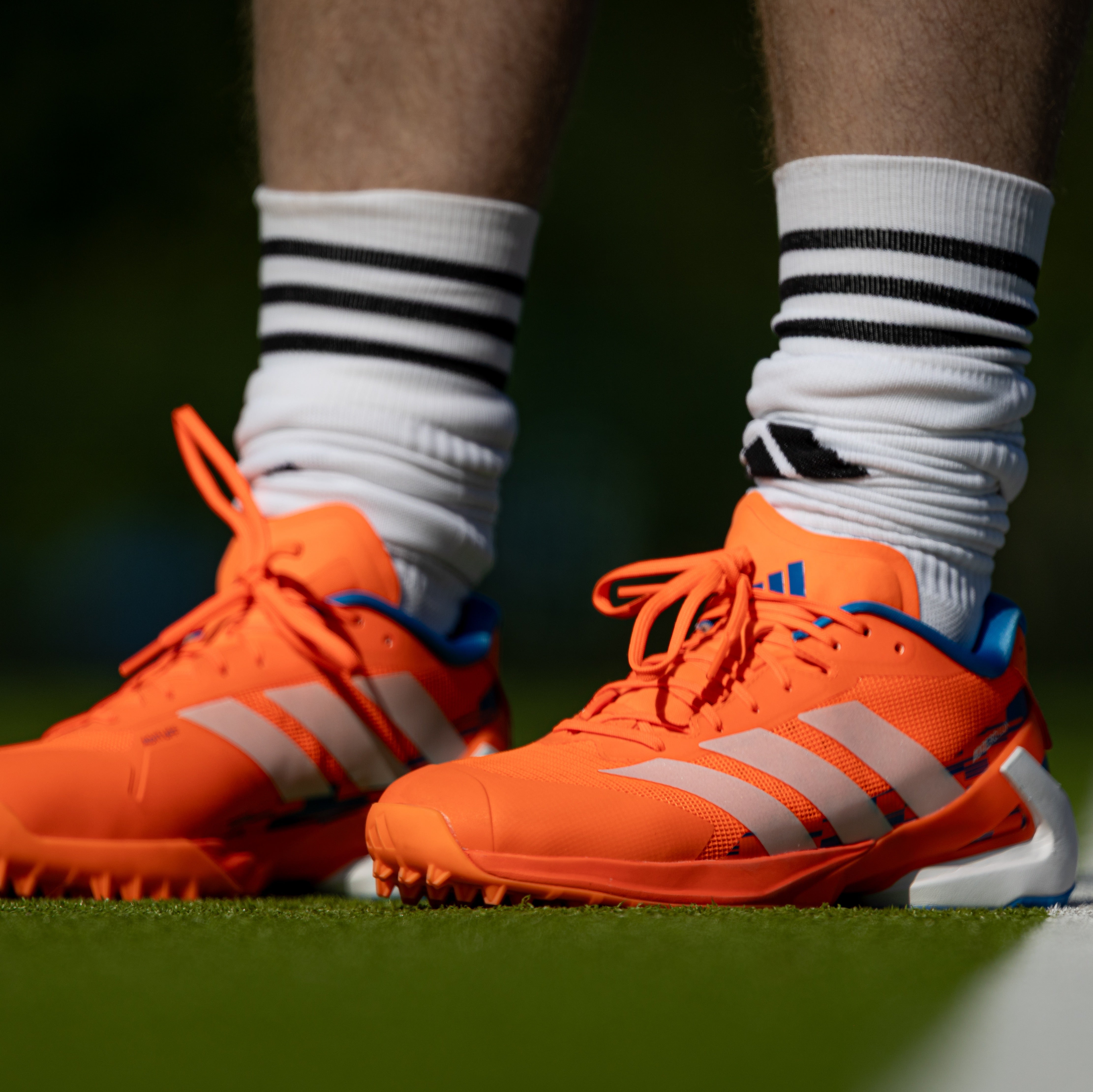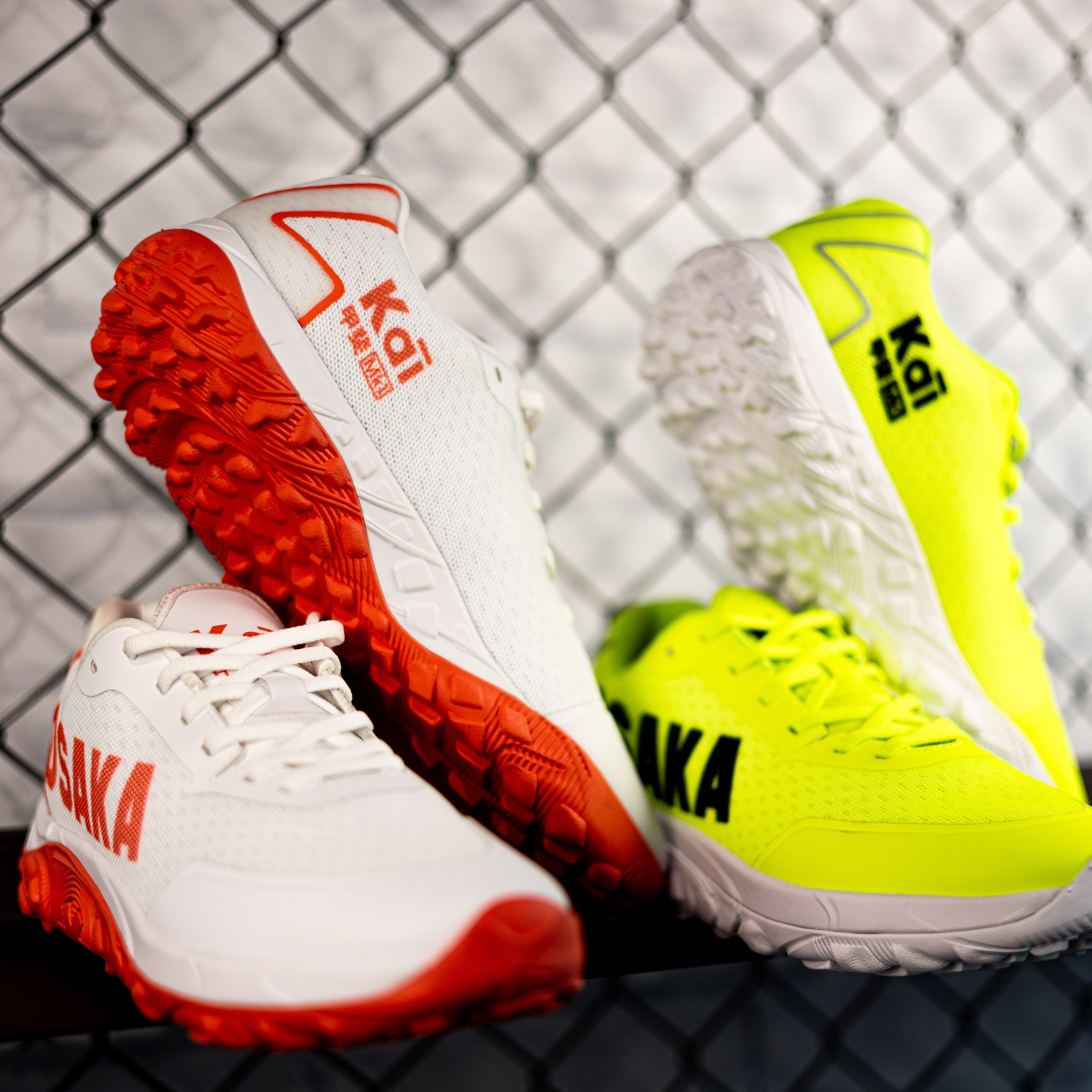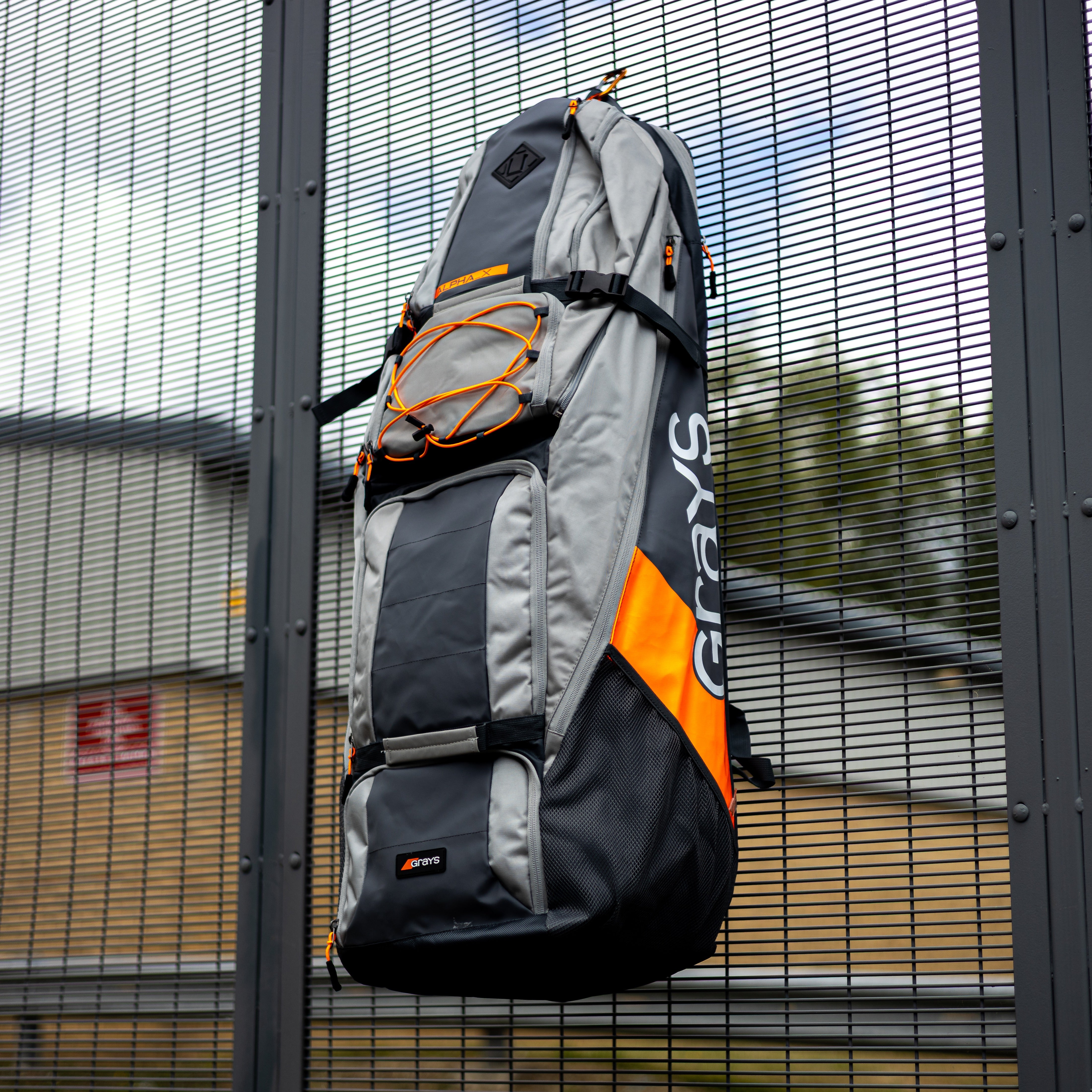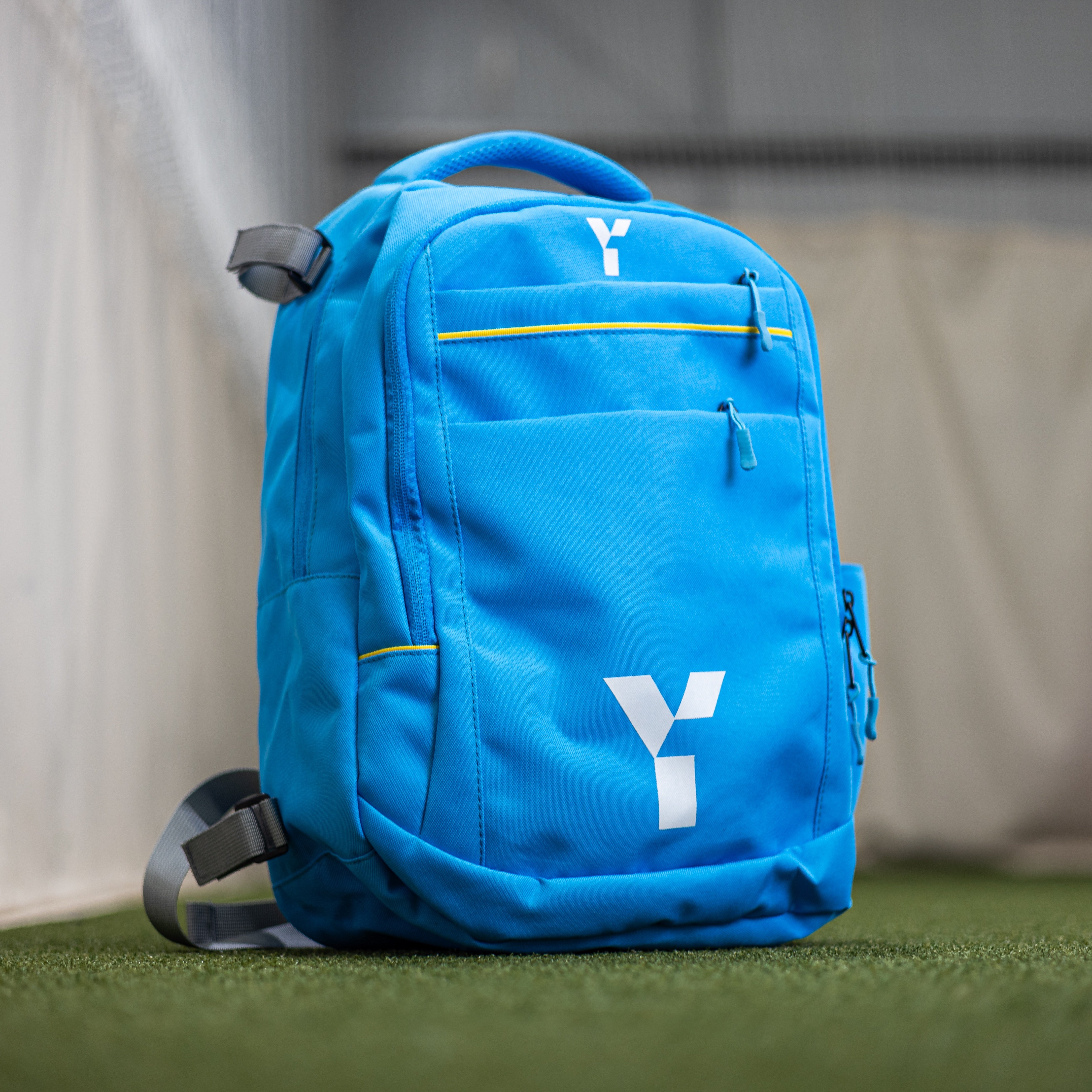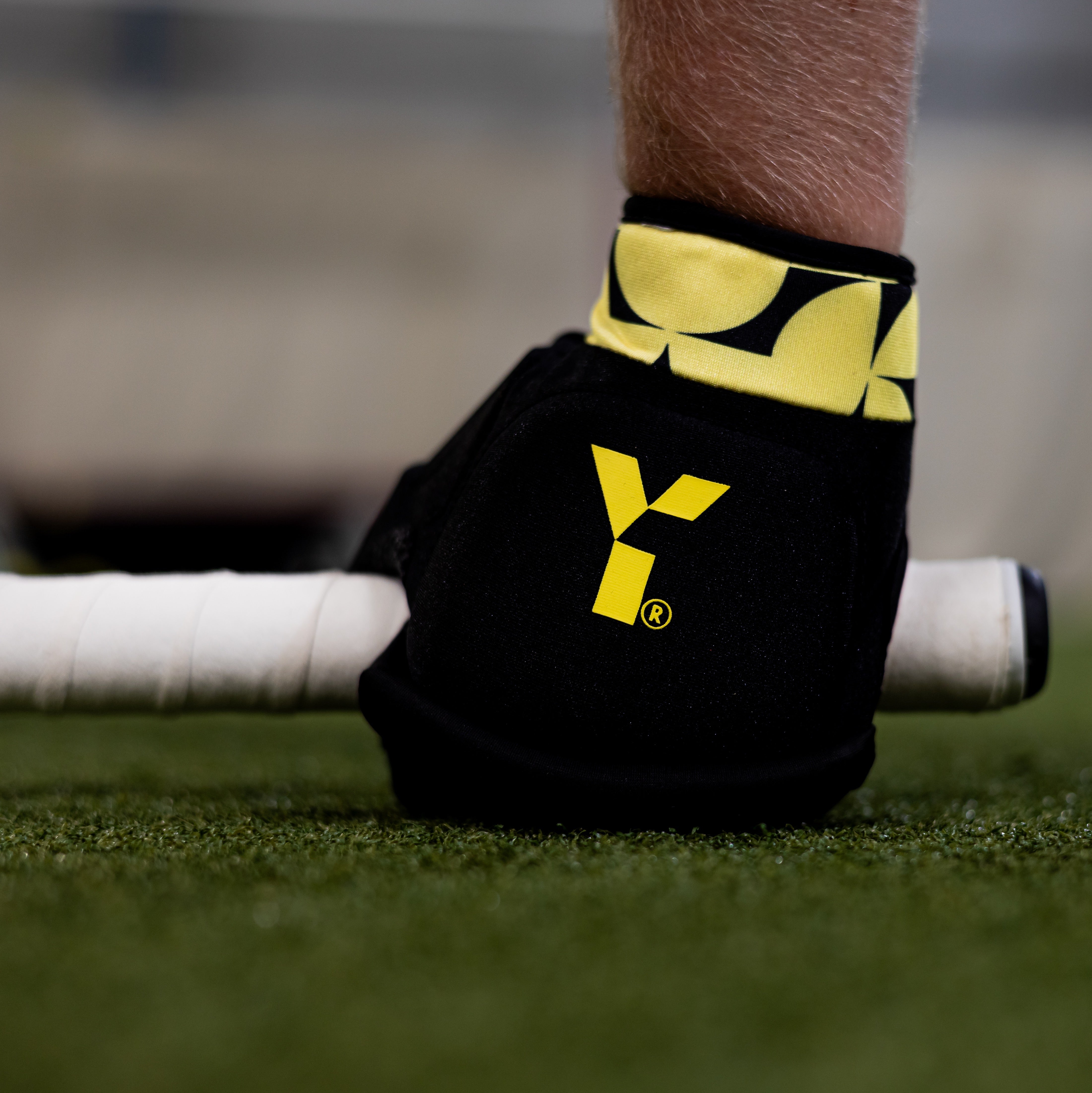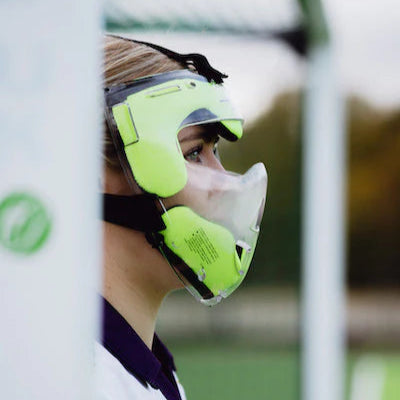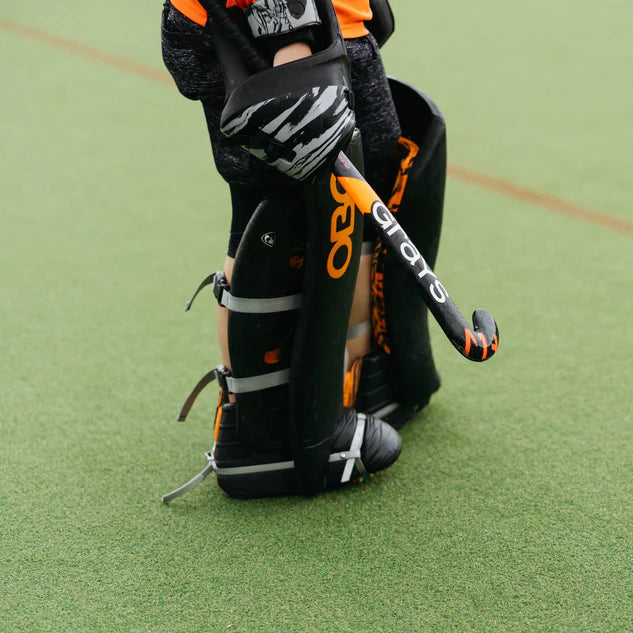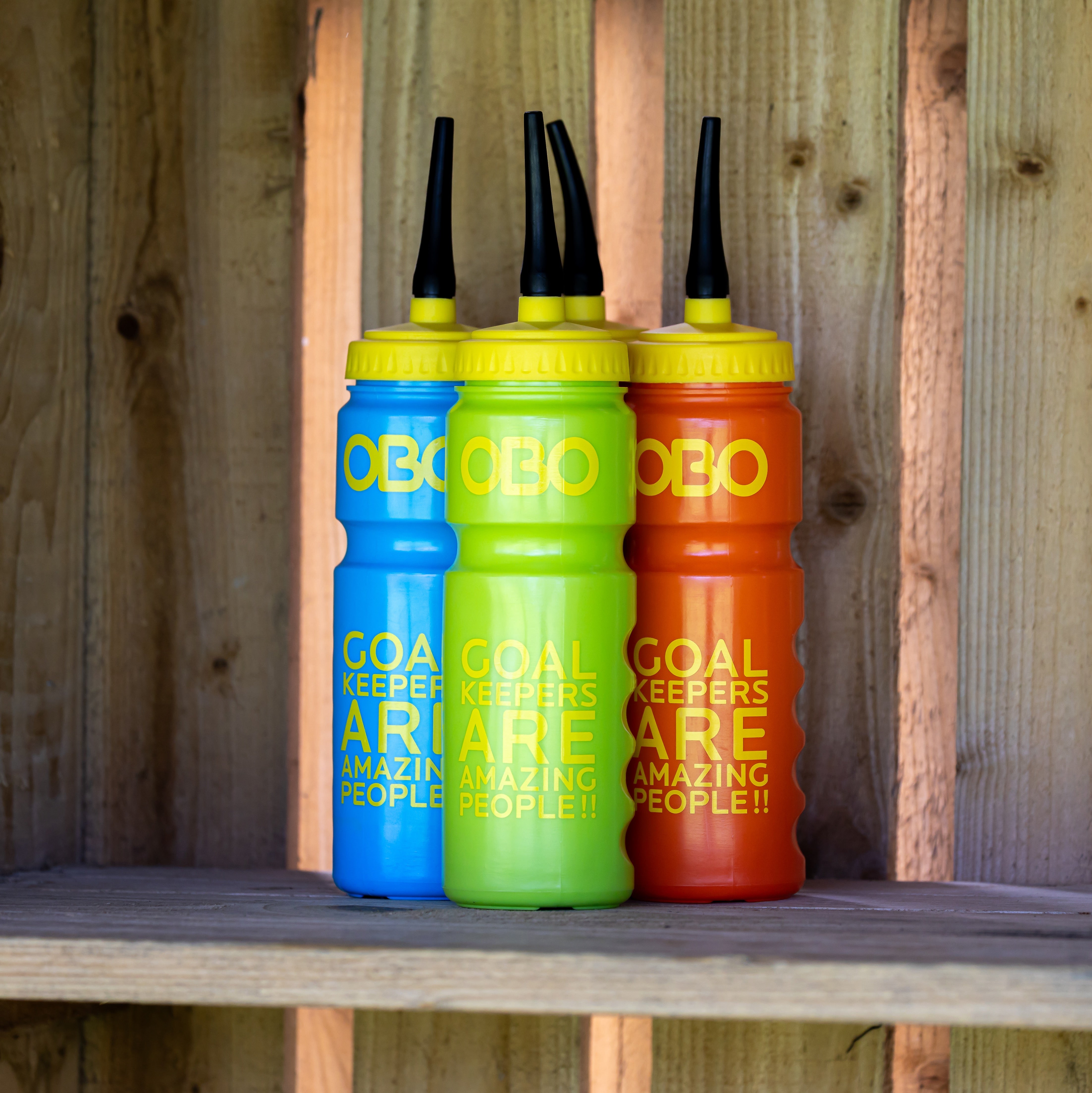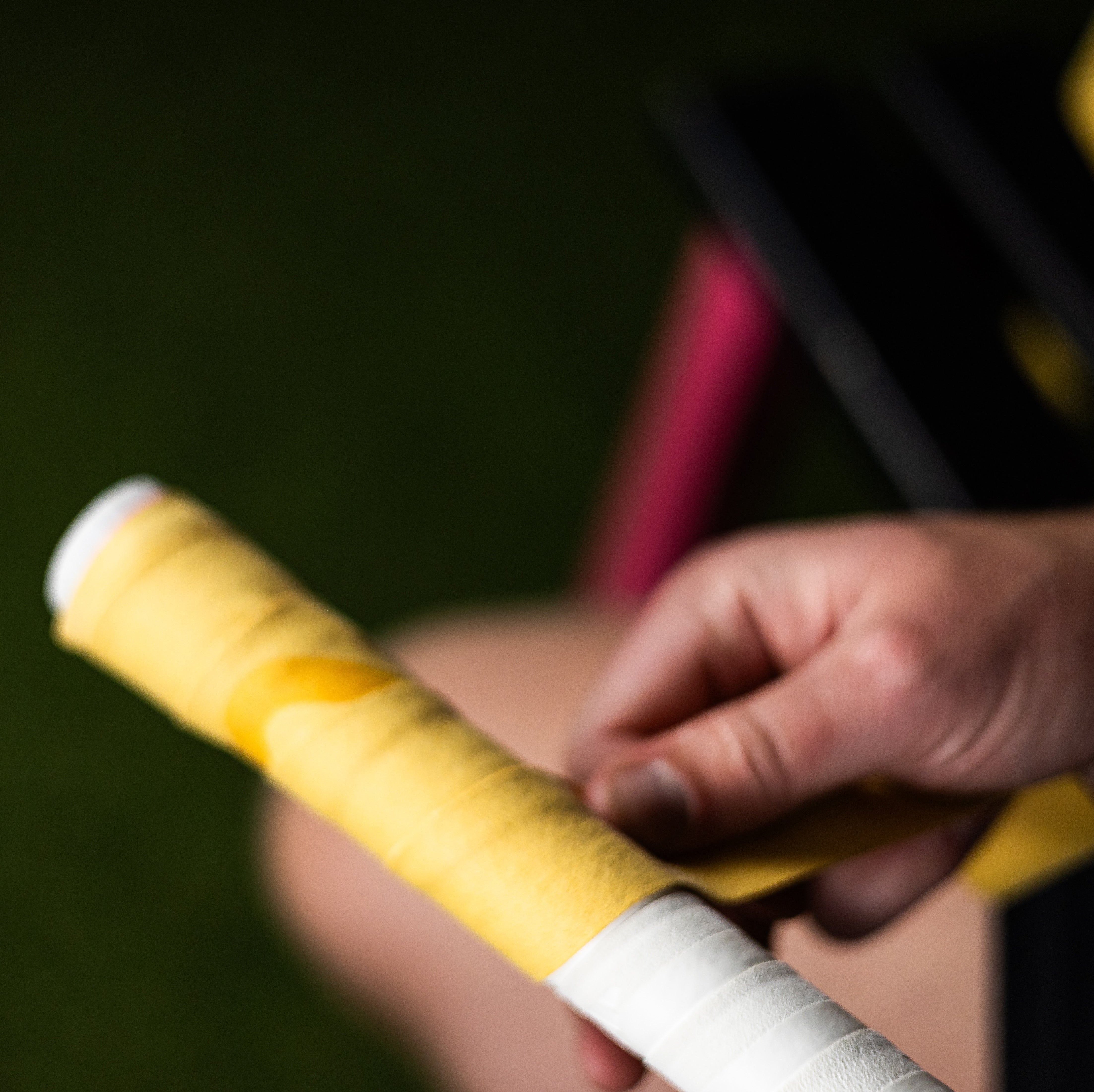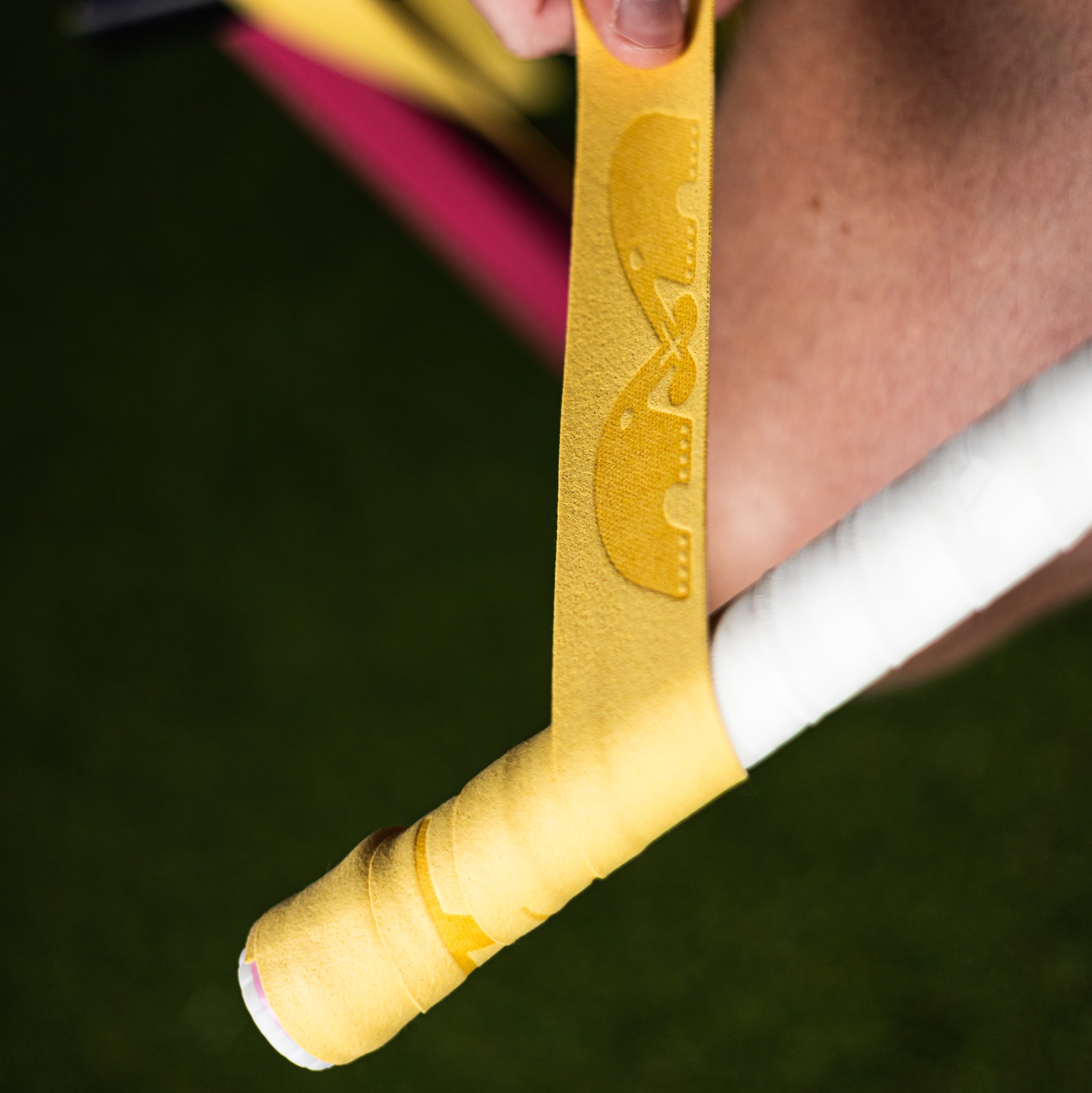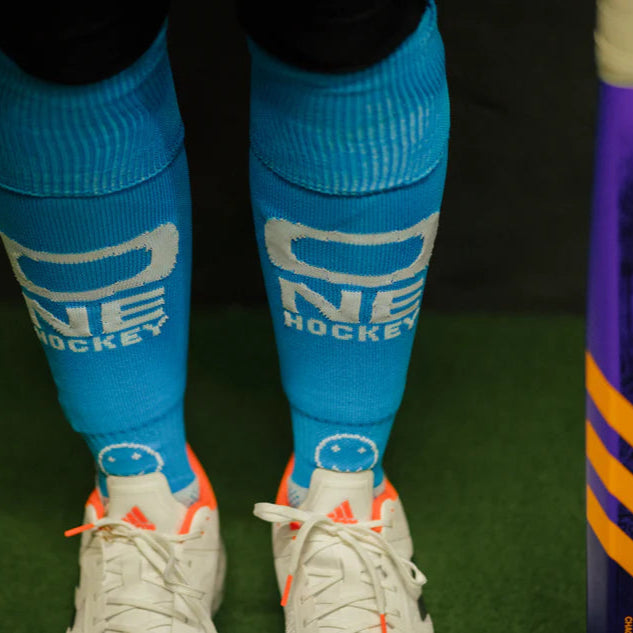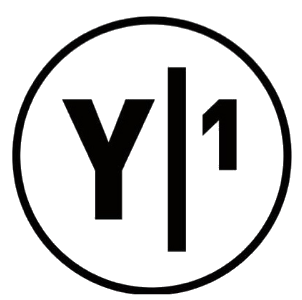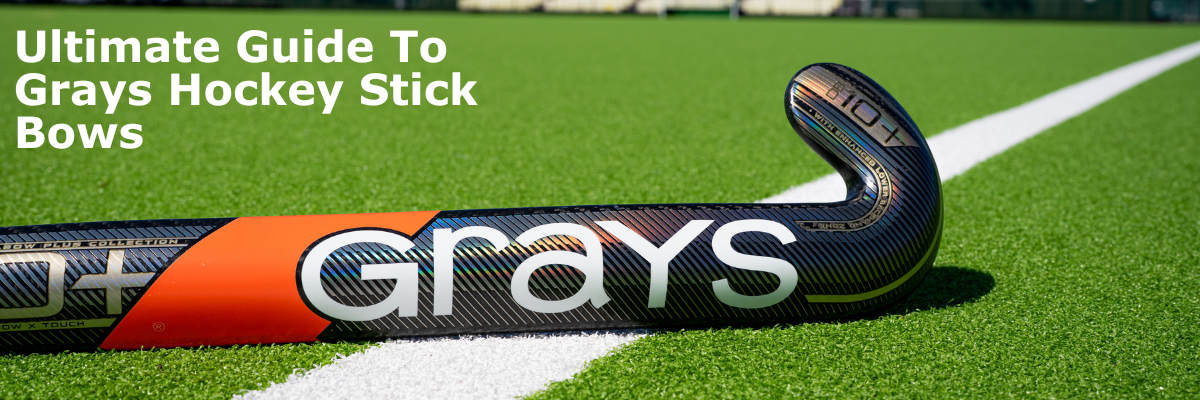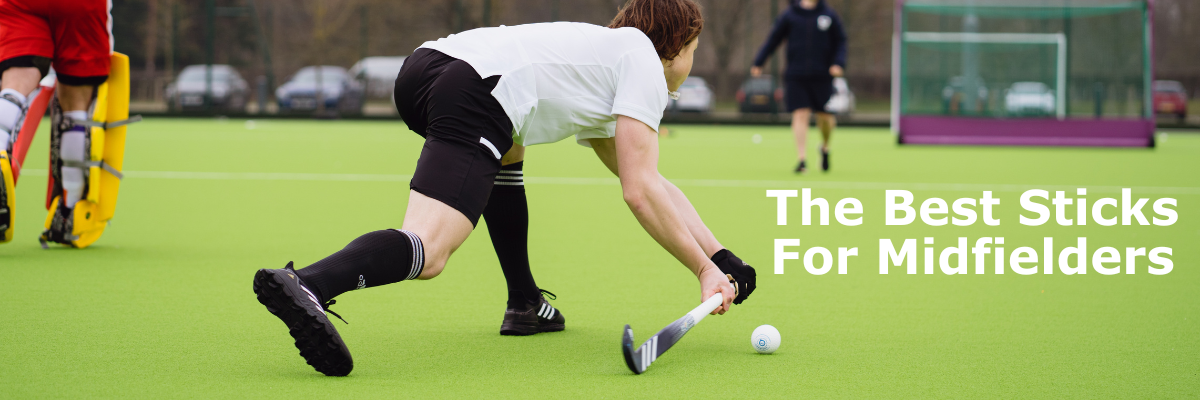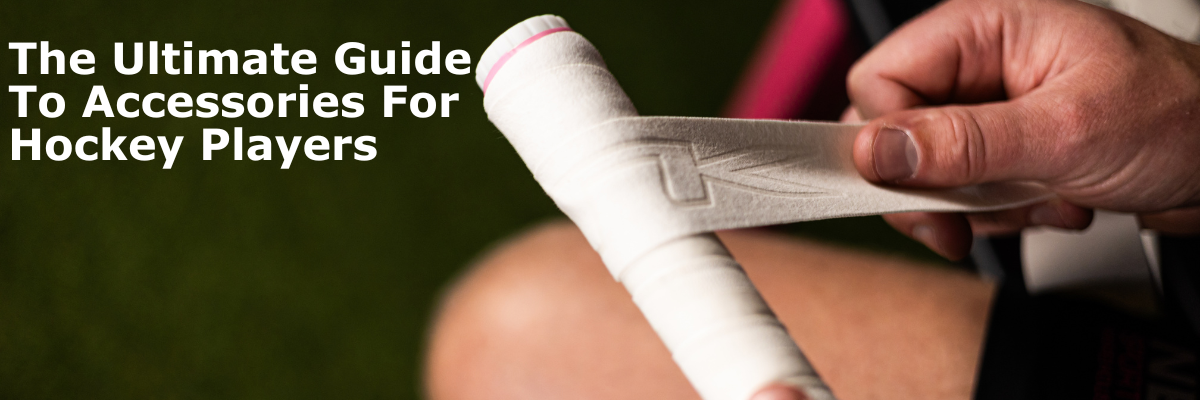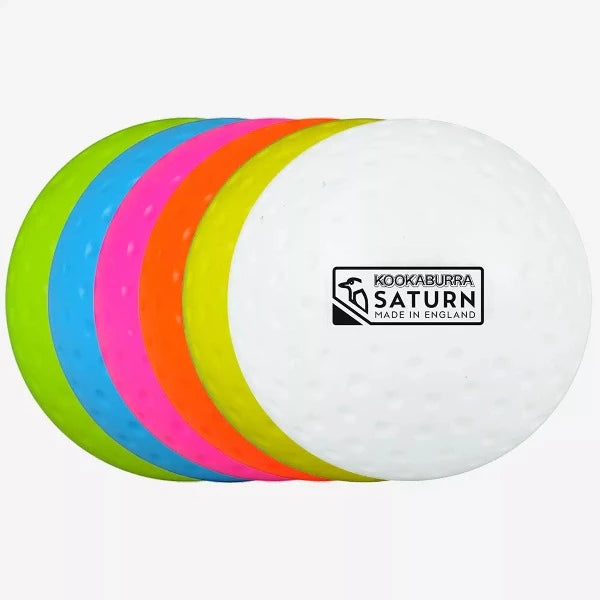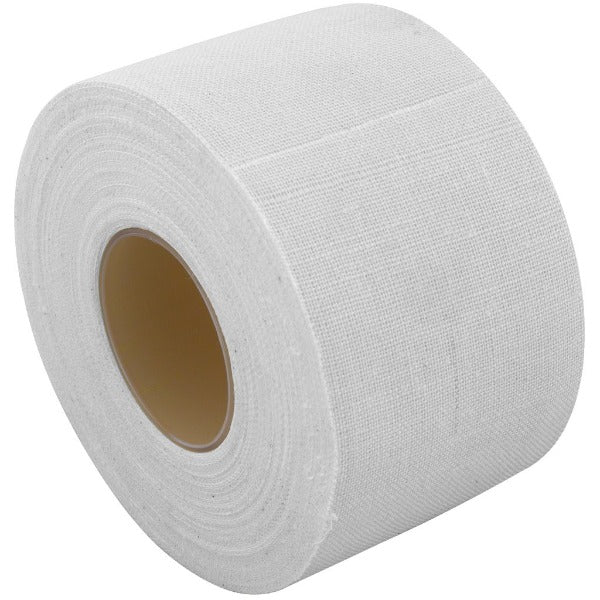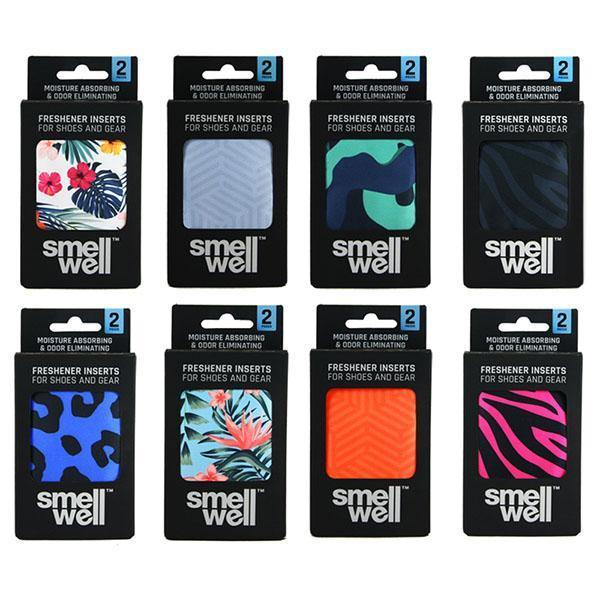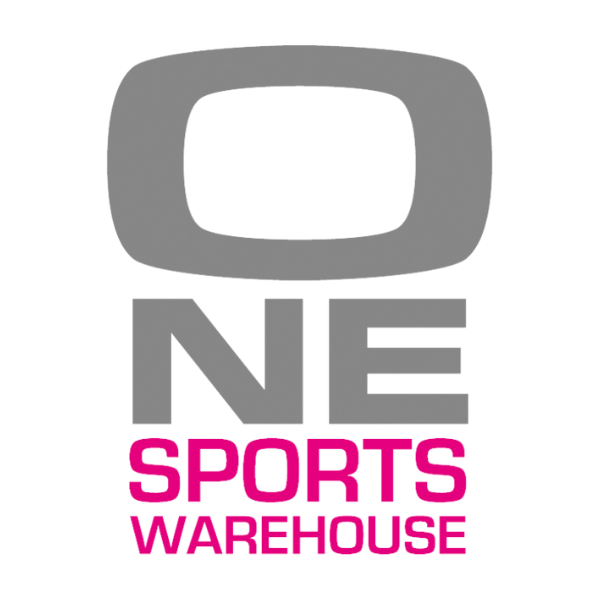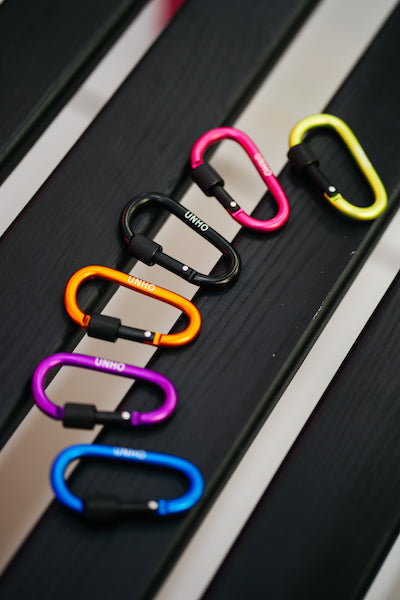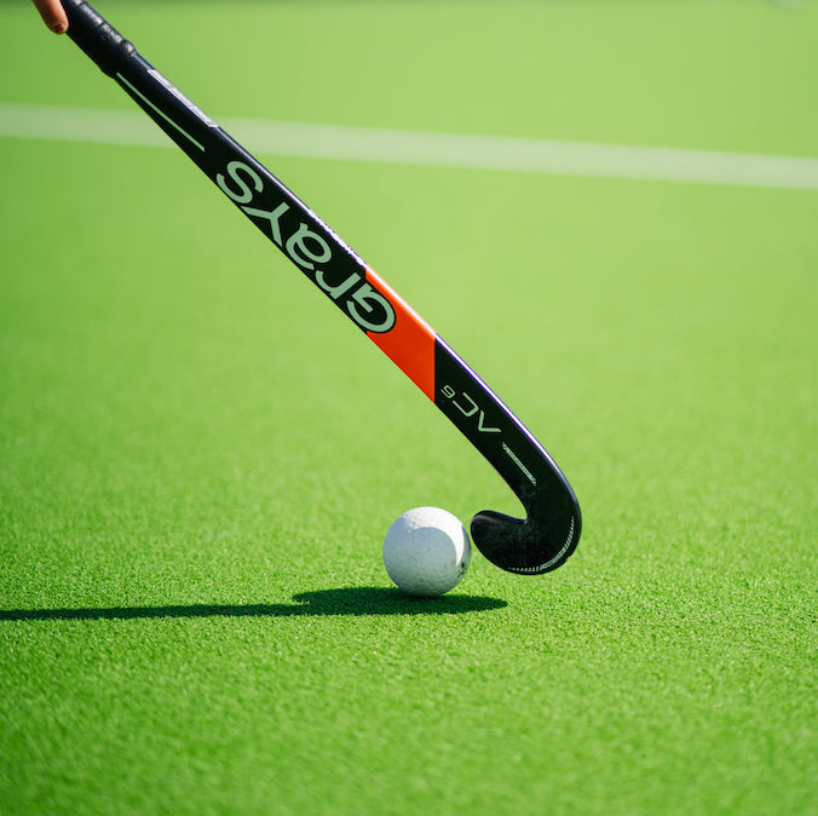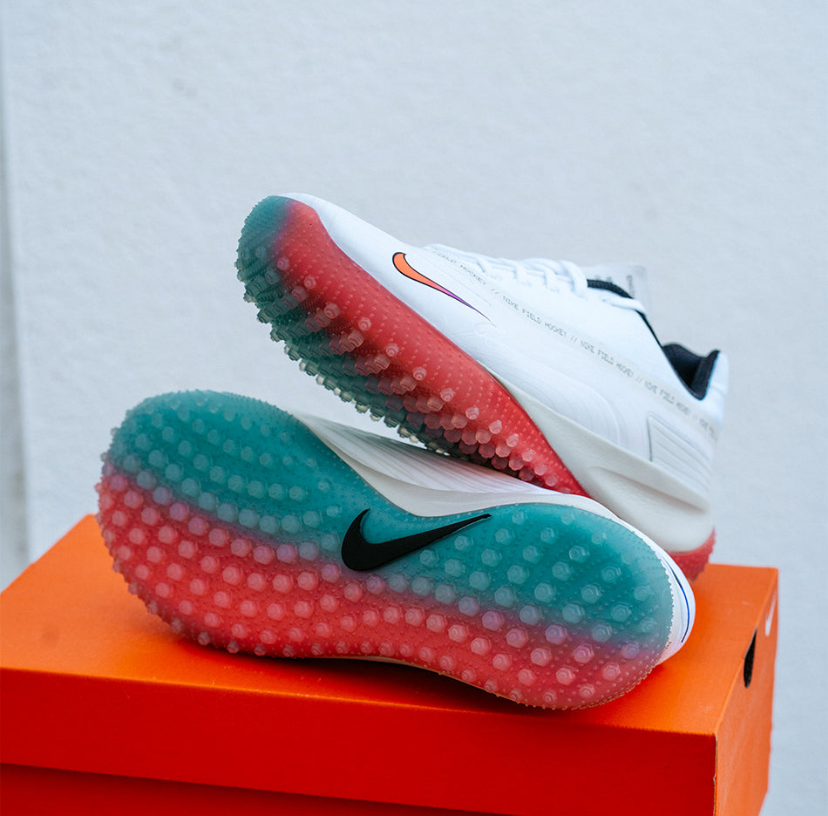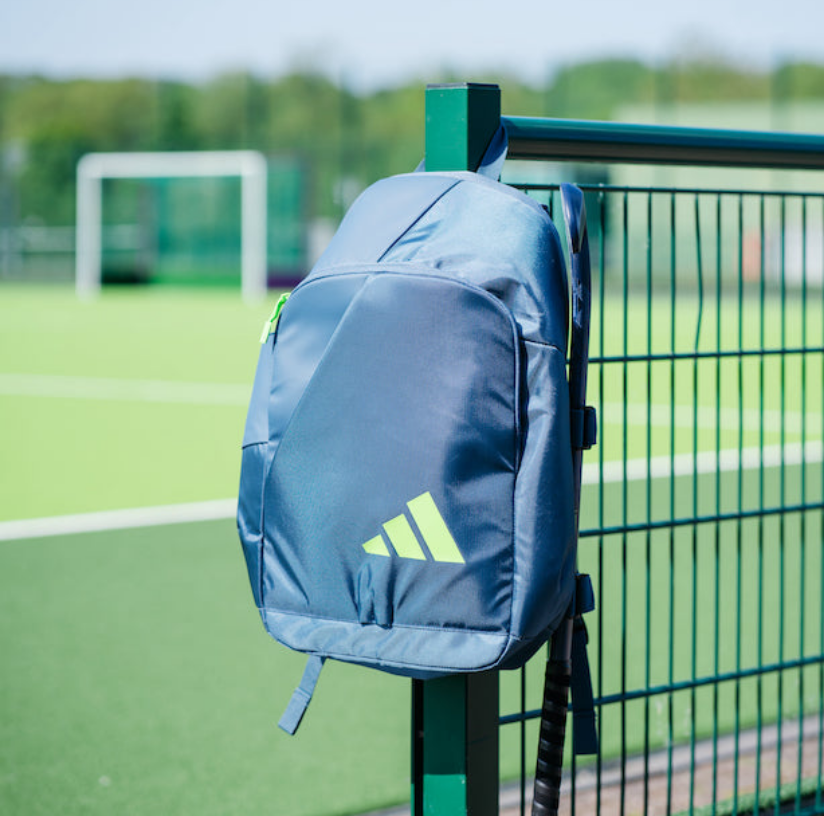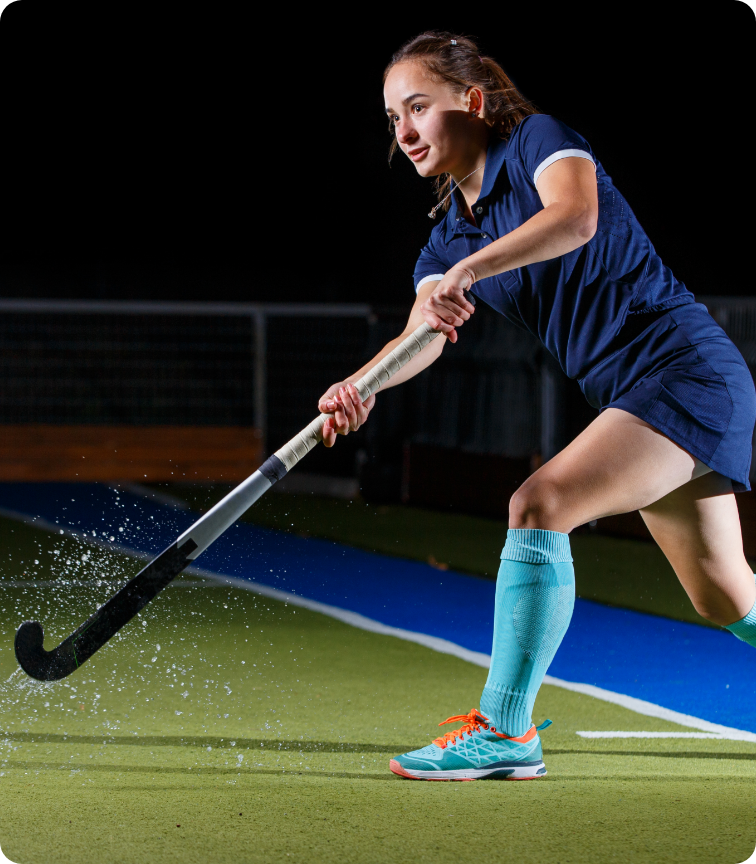Should I Buy Field Hockey Gloves?
Should I buy a hockey glove? In short, our opinion is yes. Most field hockey players wear gloves. With the game as quick as it is now, there is always the risk of getting hit with the ball, hit with a stick and grazing your knuckles as you tackle.
There are different styles and sizes to choose from so you can be confident you will find a hockey glove to suit you.
Have a read below to find the right style of glove to suit you as well as answers to commonly asked questions we get asked!
Which hockey gloves do I need?
There are so many choices on the market these days but there are fundamentally a few questions that need answering before you make a decision…
Do you want a glove to:
a) protect your hands
b) keep your hands warm
c) protect your hands and keep your hands warm
Gloves to protect your hand
These hockey gloves come in all shapes and sizes (I guess so do hands!) You need to try some on where possible but here are some of our best-selling protective gloves:
This glove is a palmless glove and comes in two brighter colours (black/pink and black/neon yellow). Grays are well known for a glove that fits well. The palmless features enables you to feel the stick with your hand.
2. Grays International Pro Glove:
A full-finger glove, probably slightly more old-school in design but hugely popular as it offers protection along the full finger. It also has a grippy palm so allows you stay in contact with the glove. Brilliant for players that want maximum protection but are happy to make the choice to lose a bit of the movement in the wrist/hand. A little big and bulky but fantastic. This glove also works well as an indoor hockey glove.
Gloves to keep your hands warm
These type of gloves are often sold to younger players but are worn by players of all ages. They are fantastic for warmups and for doubling up if you’re out running on those cold winter days.
An obvious market leader for us at OSW. It is a thermal lined glove that has a grippy palm and come in sizes as small as XXXSmall (which is tiny!) These are brilliant junior hockey gloves. You can also wear this thermal glove and then put a protective glove over the top.
2. Mercian Genesis 0.2 Thermal Gloves:
Designed with enhanced grip for all weather conditions. These fleece lined gloves will keep your hands toasty whilst you play. They come as a pair and are great value for money.
Gloves that protect your hands and keeps them warm
A win win! We’d usually recommend these as youth hockey gloves but the Grays Gel G500 gloves are awesome for all ages as they have a gel protection on the knuckles whilst also keeping the hands warm with their thermal barrier.
As a parent does my child really need a glove(s)?
The answer is a difficult one to answer but if you’re watching a game and at any point you see your young player defending well with their hand low and wonder if it would hurt/ damage them if hit by a ball then the answer is a simple. YES!
It’s a great idea to get your young ones wearing junior hockey gloves so they get used to them from a young age!
Why do field hockey players wear one glove?
Why do most hockey players only wear a left-hand glove? Simple, while you’re reading this go and grab a hockey stick. Grip it properly (left hand at the top please!) and put your stick on the floor whilst holding it. You will see that the knuckles on your left hand are now very exposed. Now imagine a 160-gram hockey ball hitting your hand at up to 80mph…Painful right?
Right-handed gloves are often worn to give peace of mind if player’s often defend on their reverse stick effectively.
You can wear either, or both. It is a personal preference but we would advice all players to at least wear a left hand glove.
How do I choose the right size hockey glove?
We often get asked how to measure hockey gloves. This isn't a clear cut answer as the different brands give different instructions on how to measure hockey gloves.
Your hockey glove wants to be comfortable: a snug fit but not too tight.
Most products will have a size guide on their product listing or images on our website or on the packaging in store. A few key brands to note:
Adidas Hockey Gloves - Almost certainly come up big (order a size smaller)
Grays Hockey Gloves - Fit as expected and go down to XXXSmall
Y1 Hockey Gloves - Come up a little big (order a size smaller if in doubt)
Can you wash field hockey gloves?
It is inevitable as you play and sweat that your gloves become a bit smelly! Here are a few tips for keeping your glove as fresh as possible!
- Air out to dry after training and games
- Use products like Smellwell to deodorise your glove
- If your gloves really need a wash, HAND WASH only.
5 FAQs with answer in less than 5 words
1. Left or right handed glove?
We advise left, maybe both
2. Protective or warm?
Protective, unless hands get cold!
3. Do I need a glove for field hockey?
Do you feel safe without…
4. Palmed or palmless?
Palmless seems most popular
5. What is the best field hockey glove?
Grays Touch does it all
Finally, a little note on indoor hockey gloves. If you are asking yourself "do I need a glove for indoor hockey", the answer is simple, yes… wear one! The bigger the better as your left hand should be glued to the floor as the ball is not allowed to be lifted (apart from at goal).
Ready to find your perfect hockey glove? Shop the full range of field hockey gloves now.
Have any more questions? Contact us on live chat or call us.
